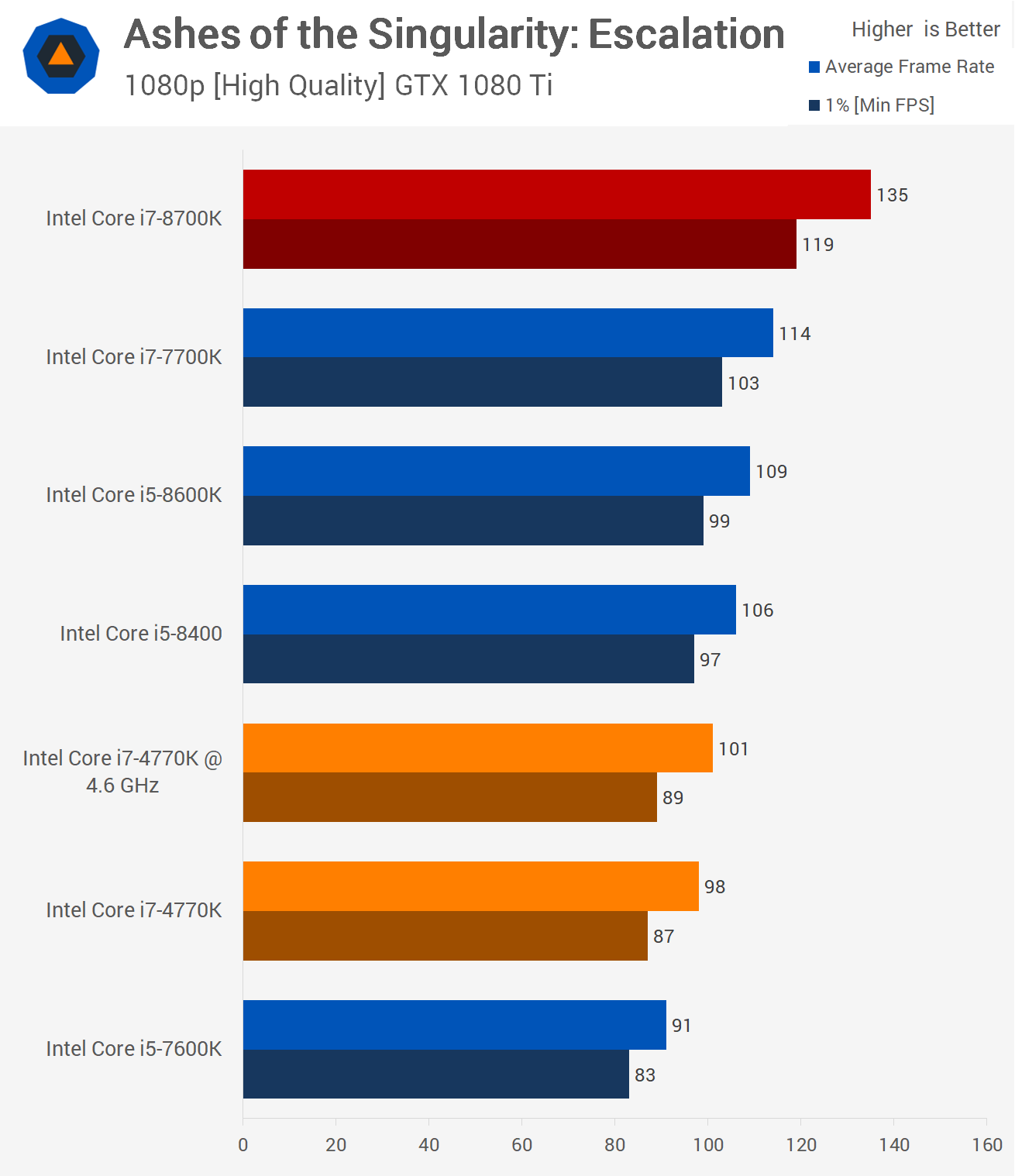After our recent feature comparing Intel's eighth-gen Core series in opposition to AMD's Ryzen processors, lots of you have been asking us to get some older chips into the mix, with specific hobby in seeing how Haswell-era processors keep up in opposition to Intel's ultra-modern services.
That appeared like a terrific idea to us and we had been also curious to peer how nicely the Core i7-4770K has aged -- we first examined this CPU in June 2013. This article need to also provide 4790K owners a very good concept of the gains they are able to count on while upgrading to a new Core i7-8700K.
For a short refresher, the 4770K and 4790K are each based at the Haswell architecture, with the former arriving in mid-2013 and the latter coming a year later with overclocked elements and a brand new variety of chipsets. The 4790K is clocked 500MHz better than the 4770K (4GHz versus three.5GHz) and we are able to simulate that with the aid of overclocking the 4770K.
Today's benchmark outcomes ought to additionally be beneficial for Core i5 Haswell owners who are undecided between shopping for a 2nd-hand Core i7 or just biting the bullet and getting a brand new eighth-gen processor, which additionally way upgrading their motherboard and reminiscence.

Apart from the the additional 50% middle/thread rely and the small IPC gains Intel has made over the past 4 years, one of the big advantages the 8700K enjoys is its aid for quicker higher-clocked DDR4 memory.
Speaking of which, the 4770K may be examined with DDR3-2400 memory and that gives it a reminiscence bandwidth of around 29GB/s. Meanwhile, the 8700K may be paired with DDR4-3200 memory which allows for a bandwidth of about 42GB/s -- roughly forty five% greater. We have hundreds of benchmarks to take a look at, so permit's get to it...

First up we've got the CPU traumatic Ashes of the Singularity and for this check we used the DirectX 12 API with a GTX 1080 Ti. The decision has been set to 1080p and likewise for all of the benchmarks, though Ashes of the Singularity has been tested using the ‘excessive’ pleasant preset.
Here we see that previous to any overclocking the 4770K is able to outclass the 7600K, although it become 14% slower than the 7700K. Surprisingly overclocking had little impact on overall performance or even at four.6GHz the 4770K became 25% slower than the 8700K.
Unsurprisingly, in a recreation that can utilize the 8700K's greater cores it does experience a first rate performance advantage. Ashes of the Singularity is one of the few titles out proper now that takes gain of processors with more than eight threads, so I don't expect to see this sort of a margin in many, if any of the alternative games I've tested with.

Moving on, we have the Battlefield 1 results and here we've some other CPU-annoying title. As you could see, the 7600K receives hit sincerely tough right here for the 1% low end result, losing down to just 79fps and while it truly is still a excessive body fee, the 4770K at it's inventory three.5 GHz running frequency became a great deal quicker at 96fps. Once overclocked, the 4770K controlled at the very least 113fps, placing it on par with the 7700K.
However, the faster DDR4 reminiscence allowed the 7700K to push the 1080 Ti to higher body quotes at instances and therefore it completed a higher common body price. The 8700K wasn't tons faster though. When in comparison to the overclocked 4770K, it changed into just 12% quicker for the minimal body fee, although it turned into 18% quicker for the common. I need to just be aware that the body rate cap was eliminated for this check, so we're on the limit of what the 1080 Ti can do right here.
0 Response to "4th-Gen Core i7 vs. 8th-Gen Core i7"
Post a Comment